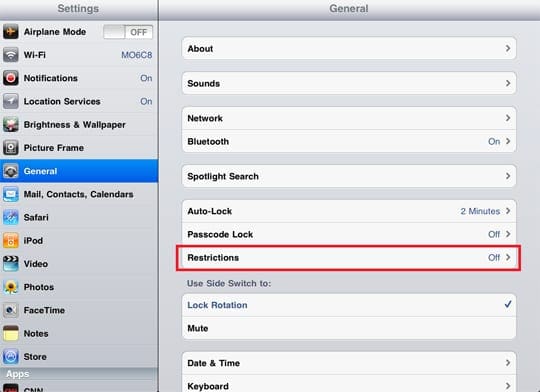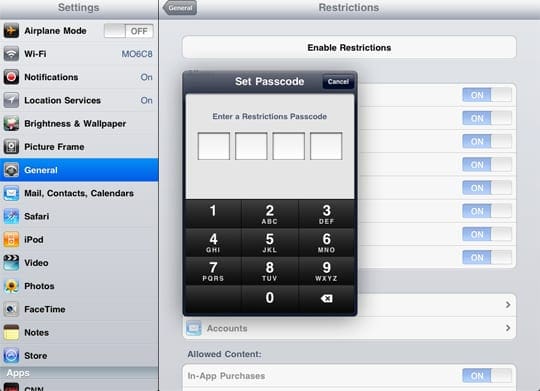 |
| image via: http://www.resumecoverletters.org/interviewattire/ |
 |
| image via: https://www.se-alliance.org/member-news/member-spotlight-arcs-value-village |
My sister and I decided to do the personal shopping experience as a birthday present for me. I filled out an online preference form for styles and sizes, (including my weird clothing fiber allergies.) We filled out the form about a month before our visit to give our shopper, Michelle, enough time to find some nice outfits for our visit. When we arrived we were ushered to our reserved fitting rooms and she had a rack of clothes ready for us to try on. She not only had clothes, but she included some shoes and belts as well as other accessories. When we figured out how to fit my body type she pulled some additional choices for me to get a whole outfit that would work for me.
 |
| image via: http://minnesota.cbslocal.com/tag/arc-value-village/ |
I know from shopping with Random Guy that if you just pick things for him without considering what he wants, he will not wear the items. The objection could be about a texture, fit, or even a sound that the fabric makes. He hates his raincoat, since it "swishes" when he swings his arms when he walks. He would rather get a little damp than wear it. It now resides in the bottom of his backpack, (for downpours only.) You can explain all these preferences before you have your visit with a personal shopper and then the items are already screened for you.
 |
| image via: https://www.facebook.com/arcsvaluevillage?v=feed&story_fbid=159906898582 |
You may think a personal shopper is not in the cards for you, because you may not have a huge wardrobe budget or since you don't shop the fancy stores. If you look, you can have a great experience with one either through the thrift store like I did or as a service provided by some stores, (bigger department stores may provide the service, sometimes for free.)
 |
| image via: http://www.collegemagazine.com/editorial/23/interview-attire |
We are always trying to teach our kids the ins and outs of personal interactions and personal appearance, I can't think of one that would be more helpful as you launch your kid into the working world. Since ARC's mission is to help people with intellectual and developmental disabilities, it is a perfect fit for helping with the transition to college or employment.
Resource:
arcsvaluevillage.org/personalshopper



































